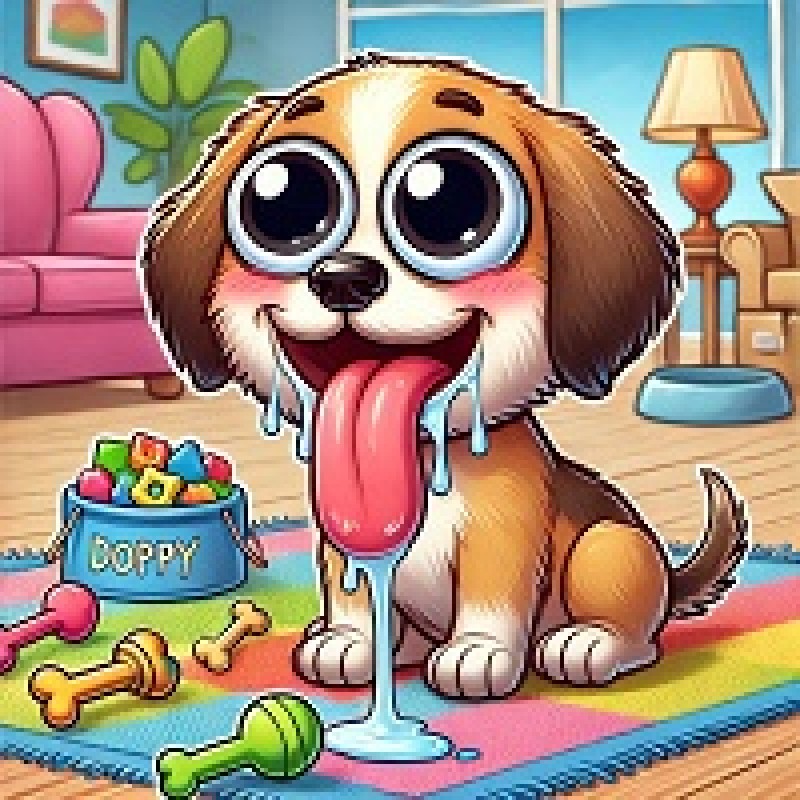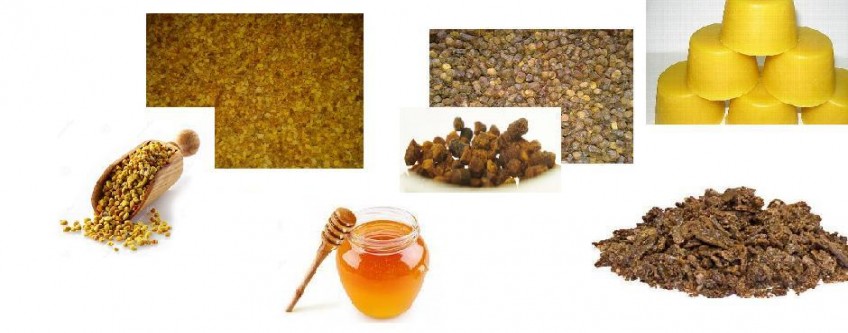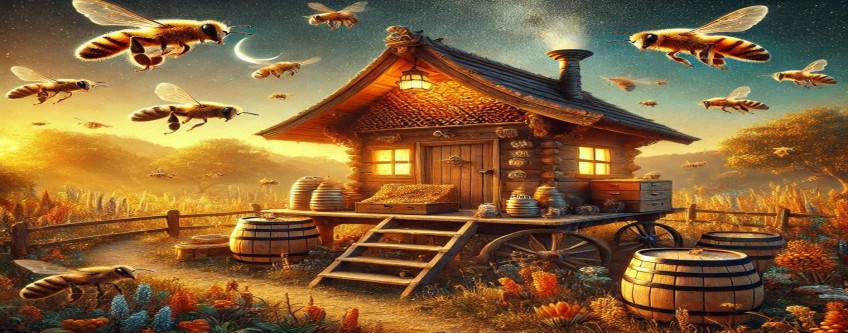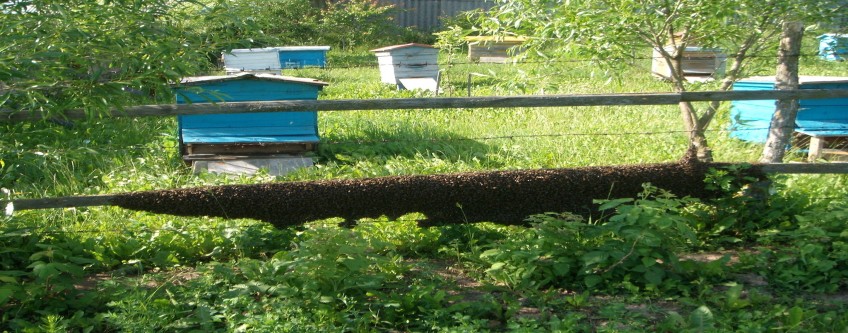Virtual doctor, find treatment

Saliva contains several substances that help wounds heal and reduce scar formation. One of the most important is histatin, a protein with antibacterial properties that promotes wound healing. Additionally, saliva contains lysozyme, lactoferrin, and immunoglobulin, which help fight bacteria and reduce inflammation.
Why do animals lick their wounds?
Animals, such as dogs and cats, lick their wounds for several reasons:
1.
Disinfection: Saliva contains enzymes that kill bacteria and help clean the wound.
2.
Pain Relief: Licking stimulates the production of endorphins, the "happiness hormones," which have an analgesic effect.
3.
Instinctive Behavior: This is an innate instinct that helps animals survive in the wild.
One of the most important is histatin, a protein with antibacterial properties that promotes wound healing. Additionally, saliva contains lysozyme, lactoferrin, and immunoglobulin, which help fight bacteria and reduce inflammation.
Why do animals lick their wounds?
Animals, such as dogs and cats, lick their wounds for several reasons:
1.
Disinfection: Saliva contains enzymes that kill bacteria and help clean the wound.
2.
Pain Relief: Licking stimulates the production of endorphins, the "happiness hormones," which have an analgesic effect.
3.
Instinctive Behavior: This is an innate instinct that helps animals survive in the wild.
Composition of Saliva in Humans and Animals
Saliva in both humans and animals is composed of similar components:
• Water: About 98-99% of saliva is water, which moisturizes the mouth and aids in digestion.
• Enzymes: Such as amylase, which helps break down starch.
• Mucus (mucin): Helps bind food particles and prevents choking.
• Minerals and Electrolytes: Such as sodium, potassium, and calcium ions, which maintain pH balance.


